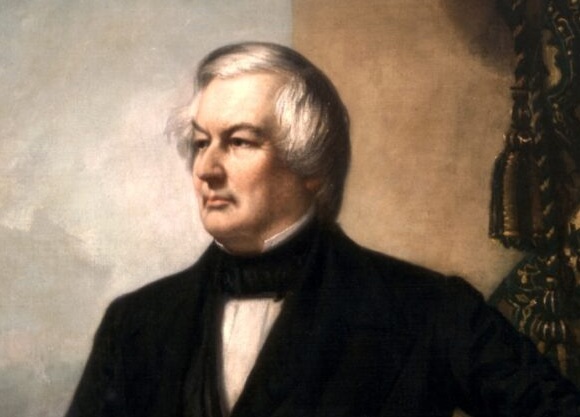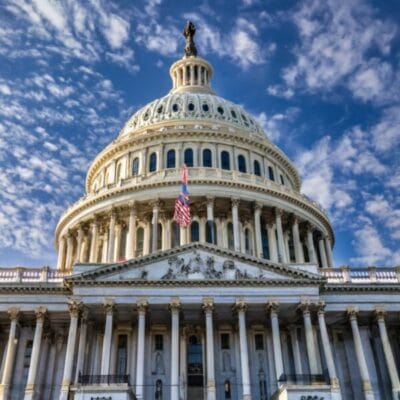Introduction
Populism has emerged as a significant force in American politics, reshaping the landscape of political discourse and electoral outcomes. Its roots can be traced back to the late 19th century, and its resurgence in recent years has raised concerns about the future of American democracy. This article explores the historical roots of populism and its implications for the future of the country.
The Roots of Populism: A Historical Perspective
Populist movements have a long history in the United States, dating back to the 1800s. Fueled by economic inequality and social unrest, they sought to challenge the power of elites and promote the interests of the common people. One of the earliest populist movements was the People’s Party, also known as the Populist Party, which emerged in the 1890s. The party advocated for reforms such as direct election of senators, a graduated income tax, and the regulation of railroads.
In the 20th century, populism reemerged in various forms, including the Progressive Movement, the New Deal, and the civil rights movement. Each of these movements aimed to address economic, social, or political injustices and empower ordinary citizens. However, it was in the late 2010s and early 2020s that populism experienced a significant resurgence, with the rise of politicians like Donald Trump and Bernie Sanders.
The Future of Populism: Implications for American Democracy
The resurgence of populism in American politics has raised concerns about its potential impact on the country’s democracy. Populist leaders often appeal to the emotions of voters, using rhetoric that emphasizes division and scapegoating. This can lead to the erosion of trust in institutions, the polarization of society, and the undermining of democratic norms.
Furthermore, populist leaders may be less inclined to compromise or work across party lines. This can result in gridlock and a lack of progress on important issues facing the country. Additionally, the rise of populism may make it more difficult for experts and technocrats to influence policy decisions, as populist leaders often prioritize the views of their base over evidence-based solutions.
Summary
Populism is a complex phenomenon with deep roots in American history. Its resurgence in recent years has raised concerns about the future of American democracy. While populism can be a force for good, empowering ordinary citizens and giving voice to their concerns, it can also have negative consequences, such as the erosion of trust in institutions and the polarization of society. It remains to be seen how populism will continue to shape American politics and whether it will ultimately strengthen or weaken the country’s democratic foundation.



